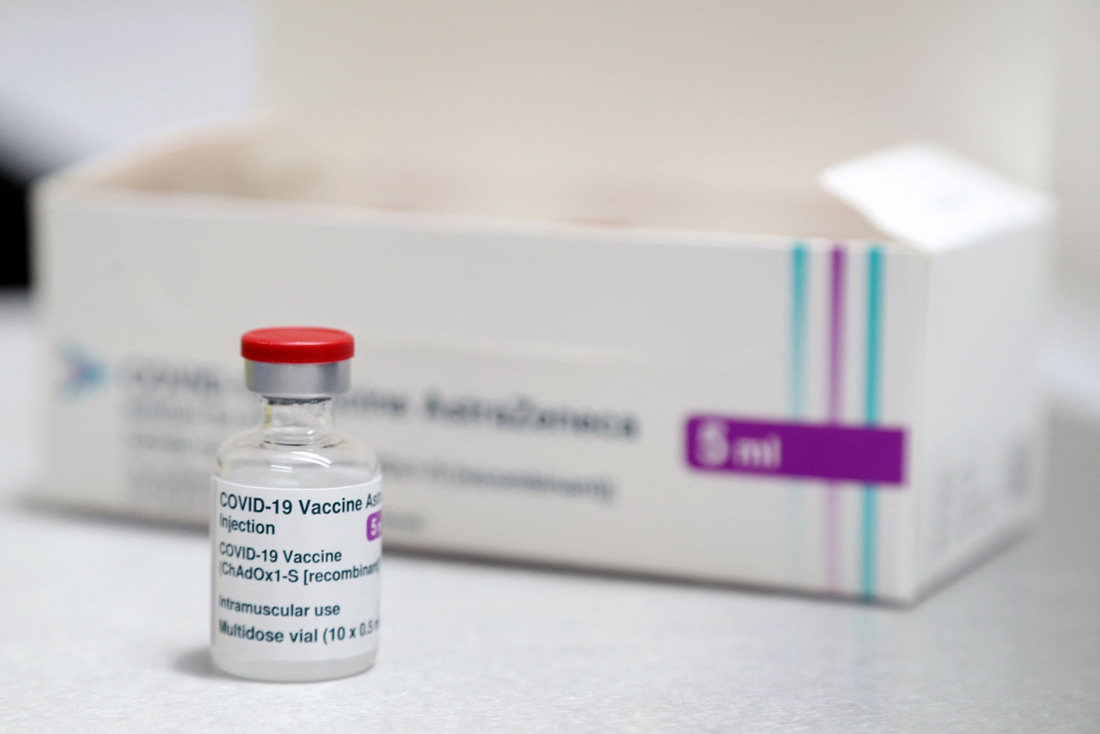An interval of several months between the first and second dose of the AstraZeneca/Oxford corona vaccine leads to improved immunity. This is according to a study published by the University of Oxford on Monday.
–
The researchers showed that an interval of up to 45 weeks between both doses improves the immune response against the coronavirus. “This should be reassuring for those countries with lower vaccine supplies who may be concerned about delays in supplying second doses to their populations,” said Professor Andrew Pollard, director of the Oxford Vaccin Group, which developed the vaccine together with the Anglo-Swedish company AstraZeneca. “There is an excellent response to a second dose, even after a 10-month timeframe versus the first.”
In February, a university study published in The Lancet found that the vaccine’s effectiveness was greater with a three-month interval between doses (81 percent) than with a six-week interval (55 percent).
Third dose
Monday’s study also found that a third dose more than six months after the second leads to a “significant increase” in the number of antibodies and also to a “severe increase” in the immune response to Covid-19, including variants.
“We don’t know whether booster injections will be necessary to reduce immunity or to increase immunity against worrying variants,” said Teresa Lambe, lead author of the studies. A third injection “is well tolerated and greatly increases the antibody response”. “This is very encouraging news if we determine that a third dose is needed.”
The researchers also state that the vaccine had fewer cases of side effects after the second and third doses than after the first.
– .


